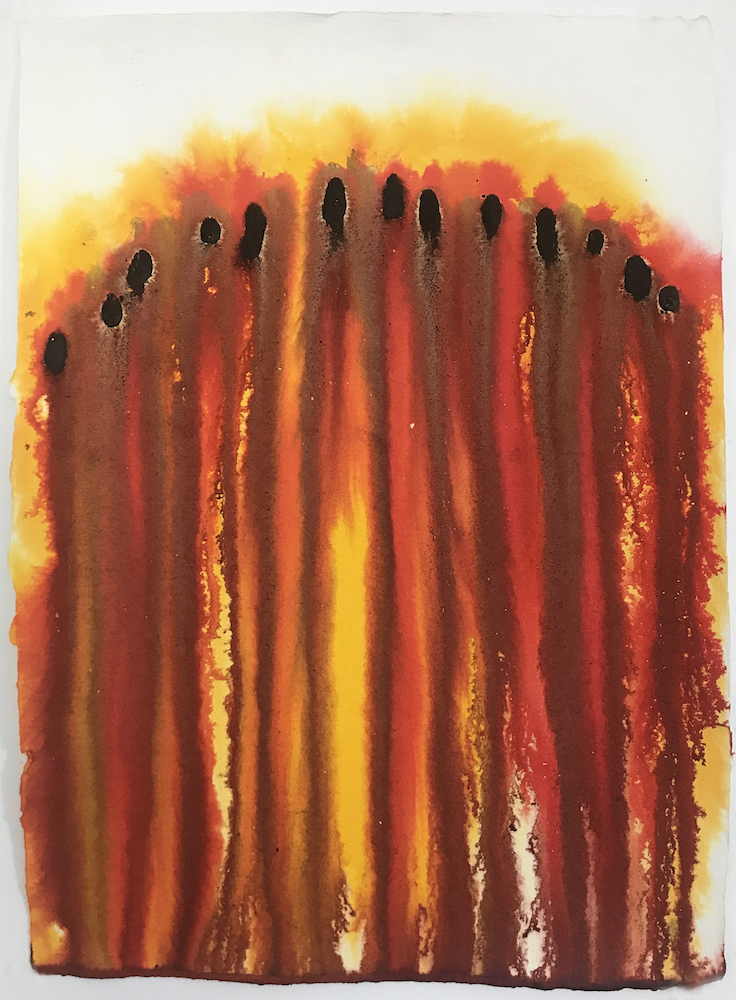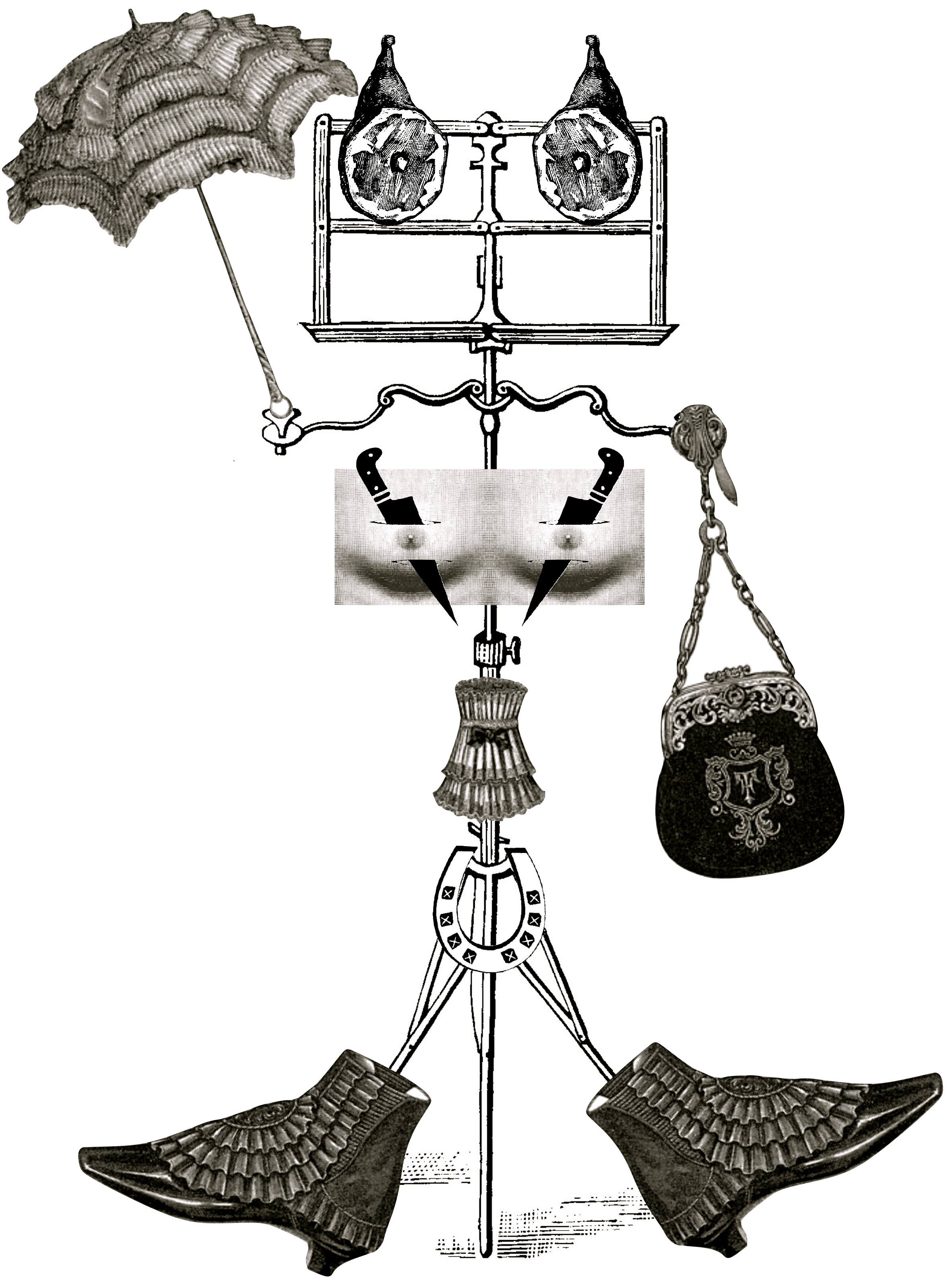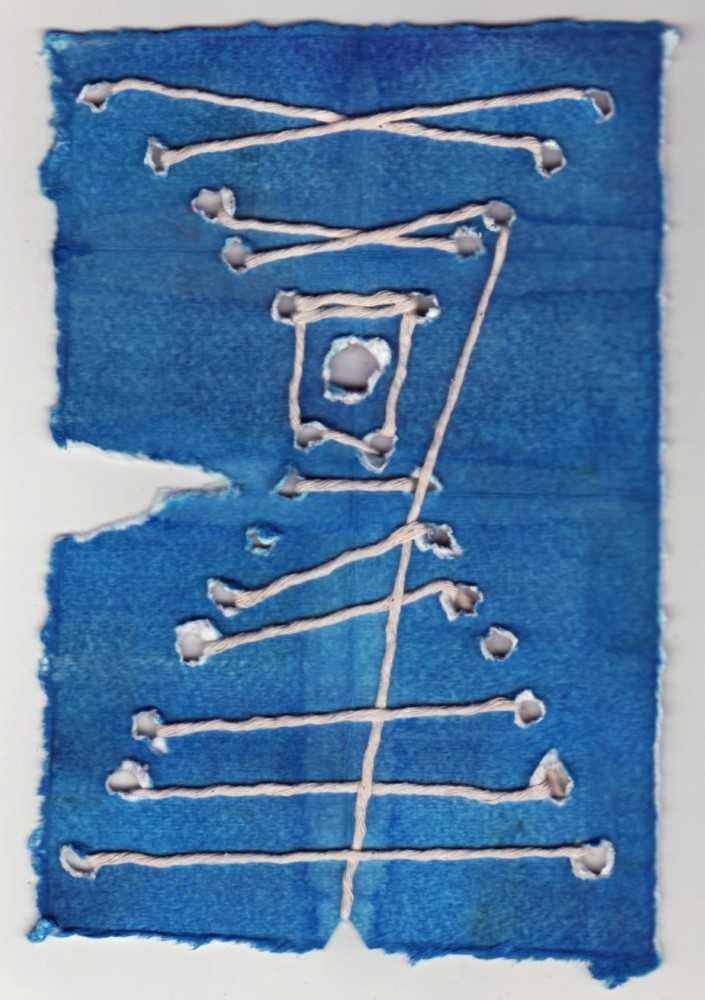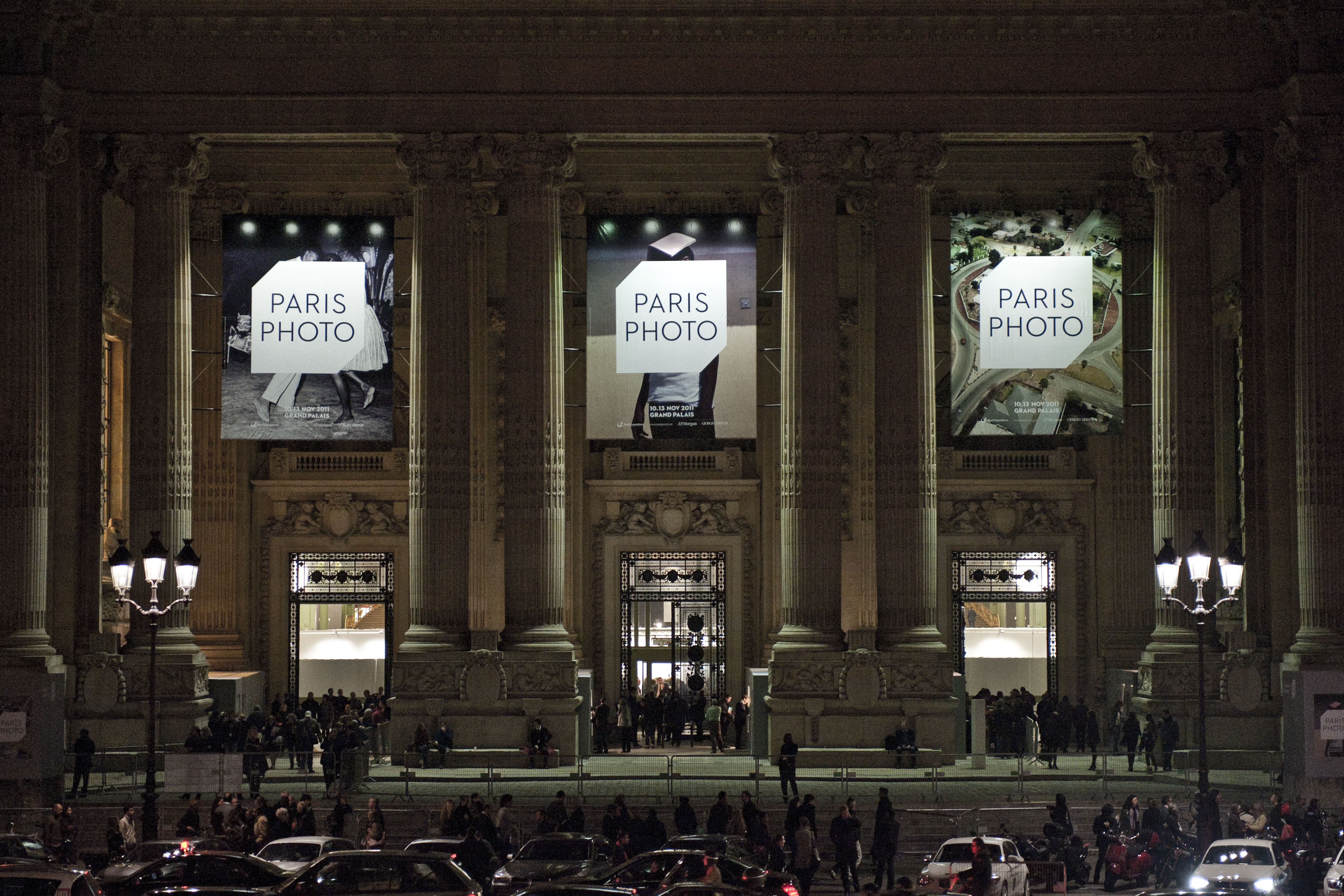Before last week, I had not participated as a graduate in a commencement exercise except the one I was forced to be in many, many years ago when I finished my four years at Saranac Lake High School, in upstate NY. I remember very little about that event, and what lingers in memory is bittersweet.

My newly sober and unfamiliarly friendly grandmother and my long-suffering grandfather drove up from the city and brought with them my cousin Johnny, more my sibling than any of my brothers. Johnny had promised to take me out for pizza, a food I had never yet tasted, afterward, and that was a big deal. Everyone in school habitually congregated at the Dew Drop Inn pizza emporium in town, but that night would be my first visit.
The ceremony seemed to go well enough for a time. I sang a solo, lyrics that insist on sticking in my head all these years later.
For all we know we may never meet again
Before you go make these moments sweet again
We won’t say goodnight until the last minute
I hold out my hand and my heart will be in it
For all we know this may only be a dream
We come and go like a ripple on a stream
So love me tonight tomorrow is made the first some
Tomorrow may never come for all we know
My friend June Blood, who had sat next to me in the clarinet section of band all through high school, accompanied me, and after I sang, another friend Peter MacIntyre played a trumpet solo, and then a lot of people talked. Endlessly.
Suddenly, I realized I had to go to the bathroom. The details are unimportant. I squirmed and wriggled and hoped to be able to dash to the ladies while the other graduates, most of whom were ahead of me in the alphabet, had their diplomas conferred upon them, but I failed. I wet myself, and the pizza celebration was an anticlimax that had to be put off till after I went home and changed. One thing about that evening resonates today.
After we had recessed out of the auditorium – I begging the Lord I think I still believed in to protect me from my classmates’ discovery – my over-gregarious mother mortified me by hailing my English teacher.
“Mr. Tolhurst,” she insisted; “I want you to meet my mother, Carla’s grandmother.”
I tried not to grimace. What might my grandmother say or do? This was a whole new territory we were navigating. But I needn’t have worried because Tolhurst picked up the gauntlet.
“Very nice to meet you,” he said, not waiting for my mother to say her mother’s name. “You have a very talented granddaughter,” he said sincerely.
“I know,” my grandmother replied. “I, too, was a singer in my youth.”
“Oh, yes,” Tolhurst smiled. “She can sing. But her real talent is writing.”
“Ah,” my grandmother quickly recovered. “I, too, was a writer in my youth.”
I was glad to see that Tolhurst had no rejoinder, and I dragged my family out to the car, begging them to just get me home. Quickly.
On the drive to the house, I thought about the encounter and laughed. I planned to be an actor in those days, and I discounted my writing, which came naturally, which my mother called scribbling, which I thought was just something I did because I loved it. I never thought of myself as a “writer.” But I banked the thought and made the most of my soggy evening.
After that, I enrolled as a drama major at a state university, dropped out, tried acting, put it aside, returned to Columbia for a bachelor’s degree, thinking to be a drama critic from which I was deterred by the vagaries of marriage and children and teaching high school theater and English. Remembering how excruciating the high school graduation memory was, I eschewed all opportunities to attend commencement exercises for my undergraduate achievement or for my first Master’s Degree. But it was the memory of Tolhurst’s pronouncement ringing in my brain that made me think that maybe this time, for this degree, this MFA from Columbia School of the Arts deserved to be celebrated in a completely traditional way, and so I attended.
Which is how I found myself last Wednesday actually cavorting, along with the entire Columbia community, at the campus commencement on College Walk, which was fun, raucous, exhilarating.

And then I basked in the real joy that came from being in Dodge Hall at the School of the Arts ceremony.
Since coming to back to Columbia for this degree, I have often looked around and thought with awe and wonder how phenomenal it has been to be among writers. Most of my classmates were less than half my age, and yet many of them have become my closest friends, women and men with whom I have bared not only the most carefully concealed pieces of my past but also the joy, the pain, the quirkiness of writing itself. When I embrace the 26-year-old Pakistani man who sat through umpteen iterations of my most painful life’s moments, I embrace a comrade, a true friend; I will promote his work, and he will promote mine, and we know that our successes are not dependent on financial gain. In fact, our successes will sometimes cost us money. Like this degree.
But there in that hall on Wednesday afternoon, surrounded by the memoirists, the novelists, the poets, the actors, the filmmakers, the musicians, the visual artists, the dramatists, the dramaturgs who comprise the School of the Arts student body, I was awestruck. I am here, I thought, among the brightest and the best; I am in a rarified club, and whatever happens from here on, this is a halcyon moment I shall cherish forever. I am here because I have learned how to turn my natural talent into an art, how to hone my craft, to work and re-work every phrase, how to sculpt my ideas into clear, cogent prose. I am, Mr. Tolhurst, finally, a Writer.
And the graduation ceremonies were validating, inspiring. The panic that had been building in my gut since I finished my course work began to flutter away.
Dean Carol Becker encouraged us to keep in touch, saying that she and the school had bonded with us students as artists and as colleagues, and she offered families some hope that there is life after art school. “Keep in touch,” she said. “Except for your families, no one will ever be prouder of you than we are.” I silently thanked her for the sense of belonging.
Maureen Ryan, Chair of the Film program, spoke about finding one’s place, honoring one’s true, asking oneself where it is that peace exists. “For me,” Ryan said, “it was on a film set. What others view as total chaos seemed perfectly calm and natural to me.” She extolled the virtues of being an artist, of being part of something bigger than ourselves. I silently thanked her for reminding me what I love most about theater endeavors and what I appreciated most acutely in my writing workshops.
Shelly Silver, Chair of the Visual Arts program, meandered about the notion of making the invisible visible, of being willing to follow our own curiosity, to stay in dialog with the world around us; she spoke about the importance of finding form, of giving ourselves voice through form. I thanked her silently for pointing out my most salient lesson in the MFA program; before, when I wrote, I had not been sure what form meant, and my voice faltered. Today, I recognize its space, its capabilities, its parameters, and I sing out on paper in a way I never could before.
The last thing Shelly Silver gave me was a reminder of how important role models are. Regardless of age, race, religion, gender, sexual preference, nationality, we all need role models, those who have made the kind of difficult choices we want to continue making, those who have cleared a path we can follow as we go forth to diverge upon our own. And right there on that stage at Dodge Hall I had two, one a new hero I might have missed had it nog been for the School of the Arts and the other, someone I have looked up to for a long time but never hoped to meet.
Timothy Donnelly, our Writing Chair (Extraordinaire), was someone I had, of course, heard of before I returned to the Columbia Valhalla. Barely. I had encountered some poetry and an article in Harper’s Bazaar, but I wasn’t conversant with the work or the poet.

Luckily for me, I had to be interviewed by Tim for a job I did not get, and during that interview I looked into his eyes, and I knew this was someone I would be grateful to know for the rest of my life. On Wednesday last week, up on the Dodge Hall stage, speaking to us graduating writers, Tim offered me a reminder of why I felt so fortunate.
Time offered no homilies, no promises of success through hard work and dedication. Instead, he offered us, despite his fear of electronic failure, a visual aid gleaned from a book on alchemy with a chart devised by Jesuit polymath Athanasius Kircher, a taxonomy of what Kircher defined as all manner of questions to be asked about the universe and our relationship to it.

I listened and laughed, as everyone in the auditorium did, as Tim led us a merry chase through the examination of questions and their classifications, through secret knots and cat pianos; Tim’s wry, intellectual wit never fails to entertain. I was willing to follow the continual twists and turns of Tim’s talk because he reminded me how very satisfying it is to just toss ideas around in one’s head, how very exciting the discovery of new light on old knowledge can be, how delightful just plain learning truly is.
But ultimately, his point – and he did have one – was that no matter what, an artist must take risks, must ask the most difficult questions, must be willing to face every kind of malfunction (including technological) imaginable, even when it all seems, like a photo of Athanasius Kircher’s taxonomy, “wildly off base if not simply bizarre.” It was at this point when I realized how much of a role model Tim is for me. “Trust the intuition you have been developing, and let its nemesis and good friend the intellect catch up from time to time. In other words, keep making art.” I sighed, thanking him silently for articulating the terribly dangerous but necessary choice I made to leave home, resettle in New York, pursue a career in writing and an MFA from Columbia at 69 years of age.

But for me the crux of the proceedings was encapsulated by the crisp, dramatically spare but totally engrossing words carefully chosen and dropped trippingly from the tongue of playwright David Henry Hwang, who identified himself that day as “Christian Parker’s (Drama Department Chair) Understudy, whose work and career I have been reading, seeing, and following since the 1980s.
Professor Hwang has since agreed to grant me an interview for this column, and I will share that one next time. For now, suffice it to say that having him on the stage on Wednesday, listening to him talk, I got a clear picture of where I am and why I am there.
Out in the world where I was before, navigating through the middle class existence I had fallen into, I had lost contact with my inner 16-year-old, the one who reminded me that when I did something my grown children now tell me is foolhardy, I was actually kinda cool. I had begun to fear dissension and discussion, seeing them as censorship or worse because that is how they are viewed in the world I inhabited. Here, among my fellow artists, I am reconstituted, reinvigorated by a desire for engagement with ideas, with controversy, with blasphemy. And I have been reassured that, as Prof. Hwang declared, “Theater can save the world. . . er. . . art can save the world.”

“We currently live in a hyper-capitalistic society,” he went on; “where everything is valued by how much money it can make. Art pushes against this false set of values. It reminds us of the importance of the intangible, of our humanity. And ironically, when you transcend this notion of success, you are actually more likely to achieve it. . . . . Giving up is what makes us grow old. Cynicism makes us grow old. Bitterness makes us grow old. . . . So, go forth to question, to fight for your art, to create what is uniquely you, and in so doing you will change the world.”
At that I burst. No silent thank you. Just thunderous applause. He was singing my song.
And now, all these years later, I can honestly say, thanks, Mr. Tolhurst. You showed me the way. And thank you, Columbia University, for three years of instruction, for the company of colleagues, for great teachers and speakers and for a down and dirty kick-ass wonderful Commencement Day!

—
 Carla Stockton, MFA candidate in Creative Nonfiction and Literary Translation. She is the mother of three, grandmother of two, writer, theater director, filmmaker, teacher and vegan traveler.
Carla Stockton, MFA candidate in Creative Nonfiction and Literary Translation. She is the mother of three, grandmother of two, writer, theater director, filmmaker, teacher and vegan traveler.




